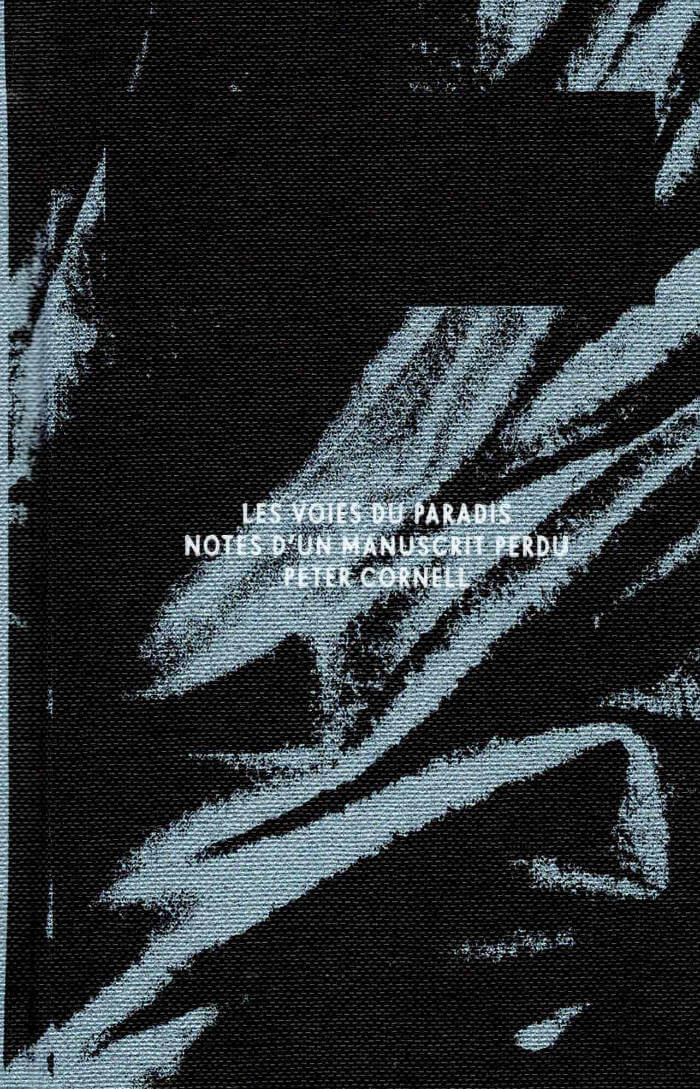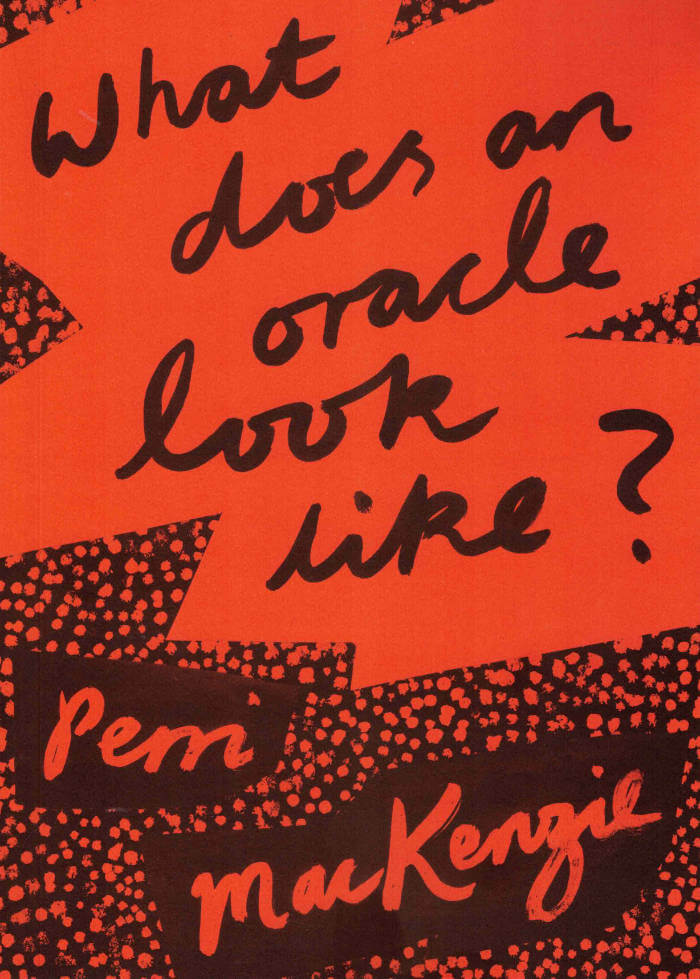
Eraser
Welcome to the world, Eraser! We are proudly annoucing the release of Angharad Williams’ book, which concludes a two-year process of writing and has existed in the form of an exhibition, a performance, and a book. Eraser is as much about the categorical boundaries of our consensual reality—between self and other, human and non-human, waking and dreaming consciousness—as it is about an urge to overcome them. The book’s main protagonist undergoes multiple transformations via psychic and physical transferences with elementary forces—involving a trout and a magpie, among other things—that unsettle the idea of the “stable” self.
Eraser proposes a perspective in which the categorical distinctions between individual self, others, and non-human life slowly begin to dissolve. Other worlds of consciousness—of animals, plants, and organic matter—here embody a form of social organization free from the hierarchies of tradition and liberal progress.
This publication is copublished with the Kunstverein für die Rheinlande und Westfalen, Düsseldorf. Angharad Williams, born 1984 in Ynys Môn, Wales, lives and works in Berlin.







